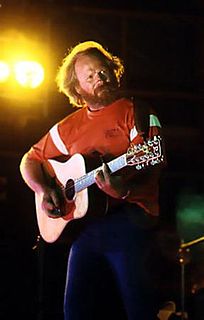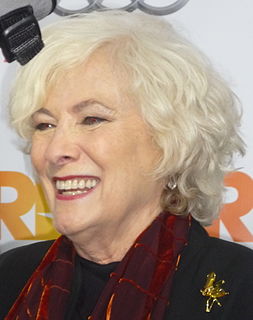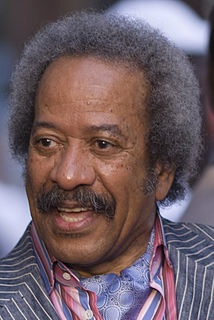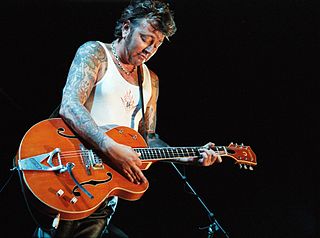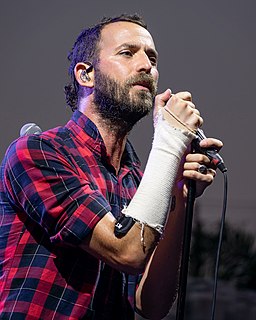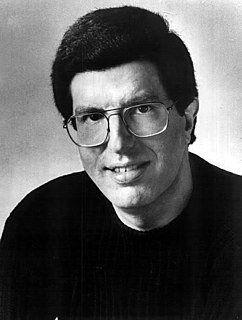A Quote by Solange Knowles
I grew up seeing my sister in the studio. I would go to recording sessions and take notes.
Related Quotes
I think from age 13, 14, 15, I thought, yes, this rich studio produced music is the future, but it can't be the future to go run away into the recording studio. How can we take that kind of complexity and richness and make it possible for people to touch it and play it live. That's what hyperinstruments are.
If you go to Japan, they're still buying vinyl, and they want the education. They know who's playing on what tracks from the '60s and the '70s - who the guitar player is, who the drummer is, who the producer was, what studio it was recorded in. That's how I grew up listening to music. We bought albums. We read the liner notes. It was important to know the whole history behind it.

